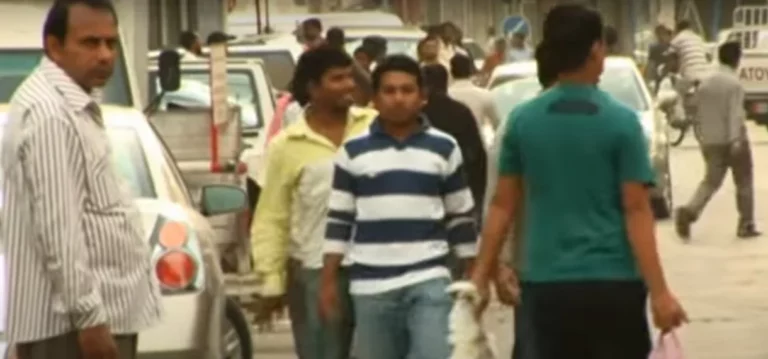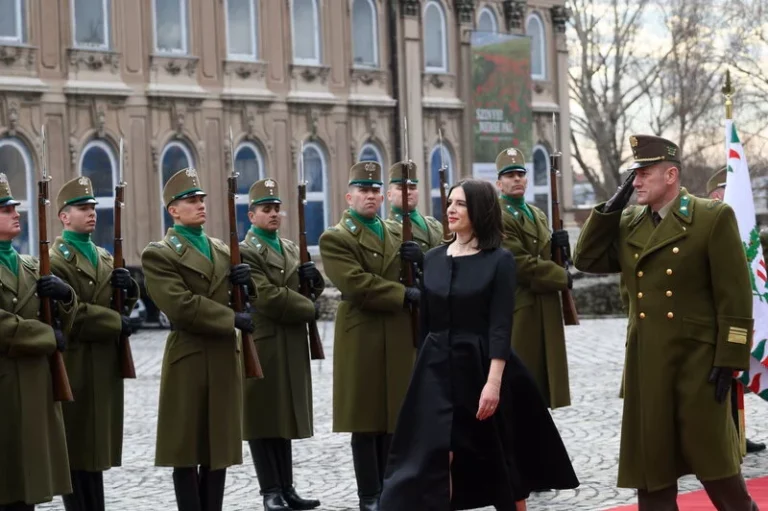Serbia
Guest workers from third-world countries are flocking to Hungary

New flights from Budapest this spring and summer – UPDATED

Interview with Kosovan Ambassador Budima on the Kosovan-Hungarian relationships and many more

New airline comes to Budapest making 100 destinations accessible

Hungarian police contingent travel to Serbia

Hungary, Serbia fair partners in imported gas transits

Armed conflict, one death between migrant groups near the Hungarian border

Huge jump in traffic on the Serbian-Hungarian border in recent years

Minister: Hungary’s energy security is in Serbia

Sensational discovery, PHOTOS: antique village remnants found under the Belgrade-Budapest railway

Hungarian President inspects southern border with Serbian counterpart, former Czech PM

New airline, new flights from Budapest Airport announced

Orbán: It is time for the EU to include Serbia and the other W Balkan countries among its members

Shooting near the Hungarian border: 600 migrants found by Serbian police

VIDEOS: bloody shootout between two migrant groups in a Hungarian town

Hungary’s EU commissioner committed to Serbia’s integration

PM Orbán’s scarf scandal extends: Austria jokes, Slovakia horrified, Orbán reacted

Orbán fiercely fights for Serbia’s EU integration





 ZH
ZH IT
IT DE
DE HR
HR NL
NL FR
FR JA
JA RO
RO RU
RU ES
ES TR
TR
